
Аннотация
http://www.wikiwand.com/en/Donald_Mackenzie_Wallace
Sir Donald Mackenzie Wallace KCIE, KCVO (11 November 1841 – 10 January 1919) was a British public servant, editor and foreign correspondent of The Times (London).
Travels to Russia
Wallace accepted a private invitation to visit Russia, having a strong desire to study the Ossetes, a tribe of Iranian descent in the Caucasus. Living in Russia from early 1870 until late 1875, Wallace found the Russian civilization far more interesting than his original Ossetes. Wallace returned to the United Kingdom in 1876 and published two volumes in his work Russia by 1877, right before the outbreak of the Russo-Turkish War. His book had great success, going through several editions and being translated into many languages.
PREFACE
The first edition of this work, published early in January, 1877, contained the concentrated results of my studies during an uninterrupted residence of six years in Russia—from the beginning of 1870 to the end of 1875. Since that time I have spent in the European and Central Asian provinces, at different periods, nearly two years more; and in the intervals I have endeavoured to keep in touch with the progress of events. My observations thus extend over a period of thirty-five years.
When I began, a few months ago, to prepare for publication the results of my more recent observations and researches, my intention was to write an entirely new work under the title of "Russia in the Twentieth Century," but I soon perceived that it would be impossible to explain clearly the present state of things without referring constantly to events of the past, and that I should be obliged to embody in the new work a large portion of the old one. The portion to be embodied grew rapidly to such proportions that, in the course of a few weeks, I began to ask myself whether it would not be better simply to recast and complete my old material. With a view to deciding the question I prepared a list of the principal changes which had taken place during the last quarter of a century, and when I had marshalled them in logical order, I recognised that they were neither so numerous nor so important as I had supposed. Certainly there had been much progress, but it had been nearly all on the old lines. Everywhere I perceived continuity and evolution; nowhere could I discover radical changes and new departures. In the central and local administration the reactionary policy of the latter half of Alexander II.'s reign had been steadily maintained; the revolutionary movement had waxed and waned, but its aims were essentially the same as of old; the Church had remained in its usual somnolent condition; a grave agricultural crisis affecting landed proprietors and peasants had begun, but it was merely a development of a state of things which I had previously described; the manufacturing industry had made gigantic strides, but they were all in the direction which the most competent observers had predicted; in foreign policy the old principles of guiding the natural expansive forces along the lines of least resistance, seeking to reach warm-water ports, and pegging out territorial claims for the future were persistently followed. No doubt there were pretty clear indications of more radical changes to come, but these changes must belong to the future, and it is merely with the past and the present that a writer who has no pretensions to being a prophet has to deal.
Under these circumstances it seemed to me advisable to adopt a middle course. Instead of writing an entirely new work I determined to prepare a much extended and amplified edition of the old one, retaining such information about the past as seemed to me of permanent value, and at the same time meeting as far as possible the requirements of those who wish to know the present condition of the country.
In accordance with this view I have revised, rearranged, and supplemented the old material in the light of subsequent events, and I have added five entirely new chapters—three on the revolutionary movement, which has come into prominence since 1877; one on the industrial progress, with which the latest phase of the movement is closely connected; and one on the main lines of the present situation as it appears to me at the moment of going to press.
During the many years which I have devoted to the study of Russia, I have received unstinted assistance from many different quarters. Of the friends who originally facilitated my task, and to whom I expressed my gratitude in the preface and notes of the early editions, only three survive—Mme. de Novikoff, M. E. I. Yakushkin, and Dr. Asher. To the numerous friends who have kindly assisted me in the present edition I must express my thanks collectively, but there are two who stand out from the group so prominently that I may be allowed to mention them personally: these are Prince Alexander Grigorievitch Stcherbatof, who supplied me with voluminous materials regarding the agrarian question generally and the present condition of the peasantry in particular, and M. Albert Brockhaus, who placed at my disposal the gigantic Russian Encyclopaedia recently published by his firm (Entsiklopeditcheski Slovar, Leipzig and St. Petersburg, 1890-1904). This monumental work, in forty-one volumes, is an inexhaustible storehouse of accurate and well-digested information on all subjects connected with the Russian Empire, and it has often been of great use to me in matters of detail.
With regard to the last chapter of this edition I must claim the reader's indulgence, because the meaning of the title, "the present situation," changes from day to day, and I cannot foresee what further changes may occur before the work reaches the hands of the public.
LONDON, 22nd May, 1905.
RUSSIA
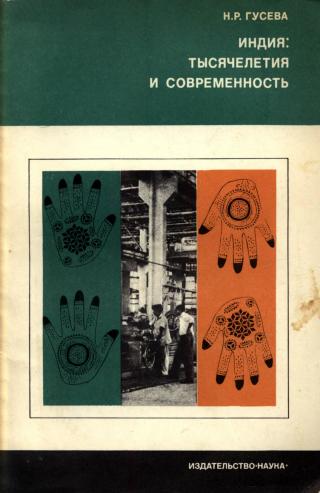
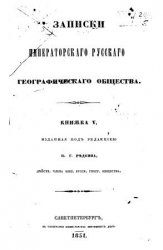
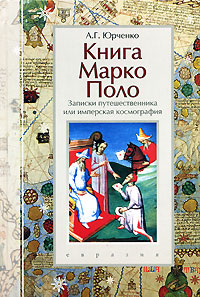

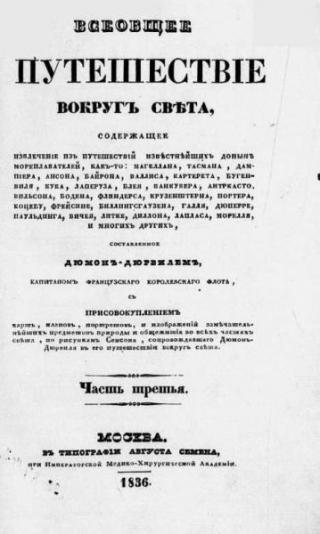
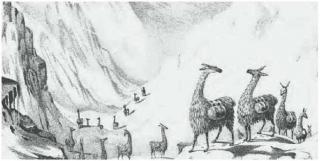
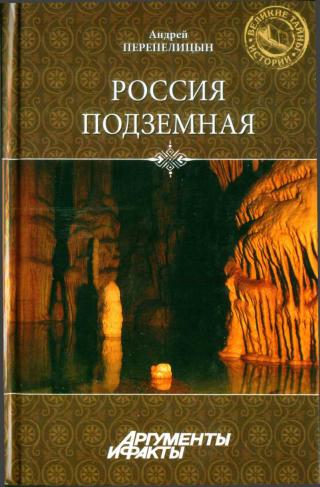
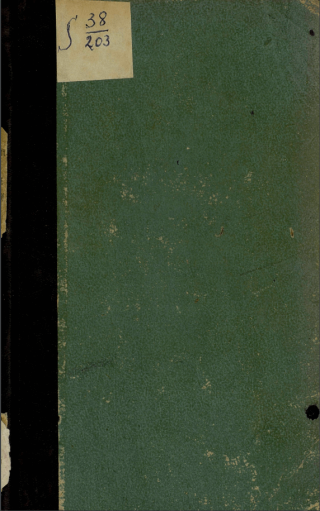
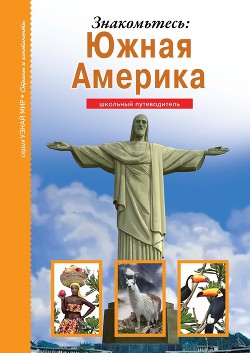
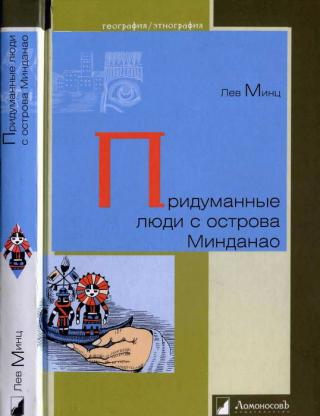
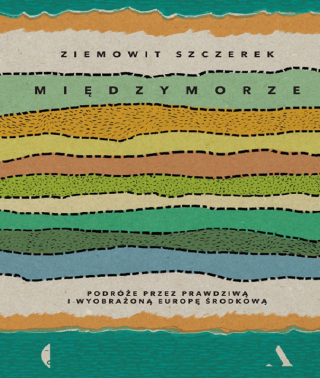
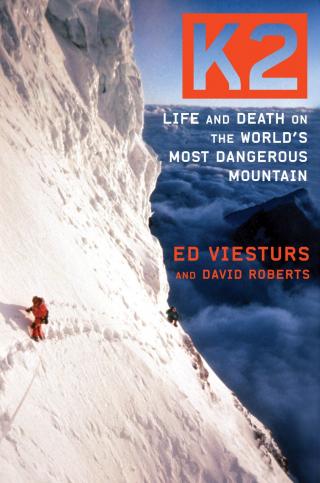
Комментарии к книге "Russia"